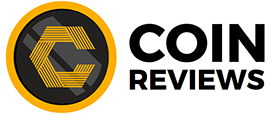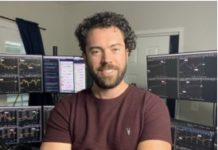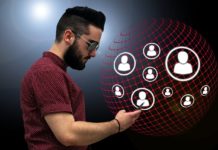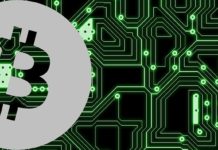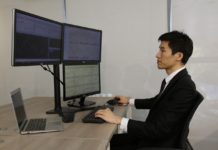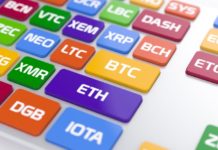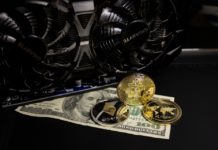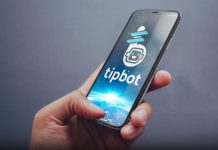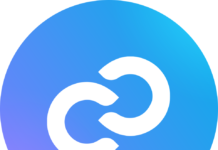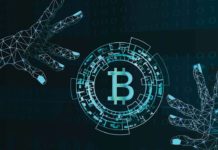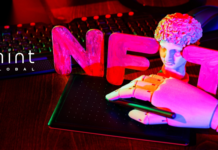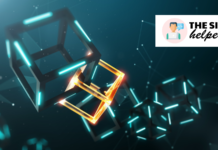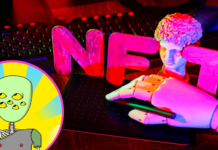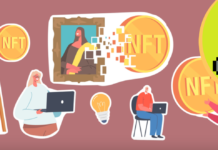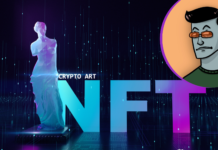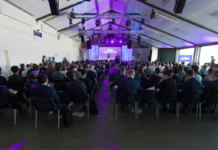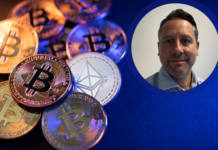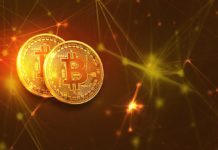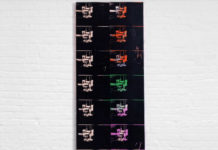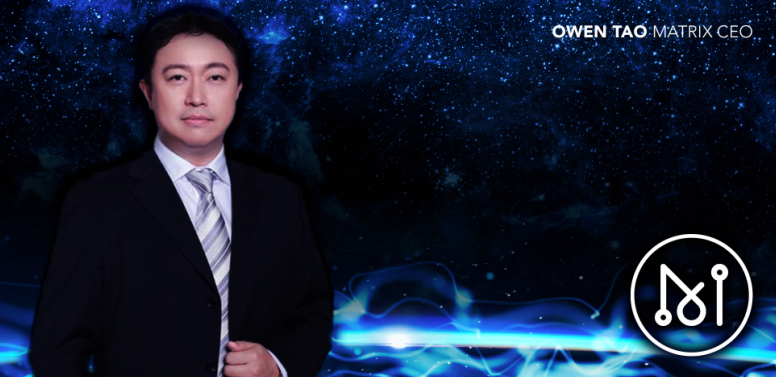
Owen Tao is the CEO of MATRIX AI Network, a global open-source, public, intelligent blockchain-based distributed computing platform and operating system that combines artificial intelligence (AI) and blockchain.
Tao holds a dual bachelor’s degree in Physics and Economics from Peking University. He has served as CEO of several high-tech start-ups and has abundant experience managing the development of new products and Internet technologies.
Noteworthy achievements including leading the development of a 3D virtual community as well as establishing China’s first embedded game advertising system.
Tao also led the development and operation of China’s first cross-border e-commerce platform; which acquired 20 million users worldwide.
How did you get started with cryptocurrency?
Several years ago, I founded what would become the world’s largest game asset trading platform. At the time, the core of the business centered around gold coins in the World of Warcraft. After several years, my company was sued by Blizzard, the creators of World of Warcraft, due to copyright infringement.
At the time, I felt this was hard to fathom. It seemed unfair that a player paid could spend time and money to create in-game wealth that did not belong to the player – that belonged to the operator of the game. From that moment on, I wanted to develop a way to protect this type of wealth. Solving the issue of virtual property rights became a long-term goal for me. When I heard about Bitcoin and blockchain technology, I immediately felt that this type of technology could solve the problem that had been plaguing me.
In 2016, I feel like the blockchain era really started to take off, so my partners and I decided to properly enter the industry.
In 2017, Professor Steve Deng led his team to win two world AI championships. Since then, we started to think about how blockchain could be improved using AI.
How does a typical work day flow for you?
In the morning, I start by sorting out and organizing the work for the day and wherever possible communicate with my colleagues in our various offices to discuss issues or challenges face to face via video chat, rather than rely on email.
My favorite subject is mathematics. Math taught me something fundamental – that nearly all problems have a solution and when you subtract something from your to-do list your opportunities to accomplish the remaining tasks expand exponentially. When faced with a difficult problem, I like to speak directly with people. This brings inspiration and helps me close in on the answer I was looking for all along.
What do you see in the future for Bitcoin?
I believe that there will be several differences in the use of cryptocurrencies in the future. I believe that Bitcoin will replace gold as an anchored asset reserve or standard. Each country will issue its own digital currency based on blockchain technology to replace legal paper currency.
Tokens will be widely used in circulation and clearing, as well as in the use of securities. Perhaps, in the far-flung future, everyone will issue their own personal tokens.
What’s your biggest accomplishment to date?
We have just launched the testnet and will launch the mainnet before December 31st. Core functions such as intelligent contracts will be completely finished around April next year. Then, we will develop our Artificial Intelligence chips.
Since low transaction speed negatively impacts the user experience and impedes mainstream blockchain technology adoption, we created a dynamic delegation network using a distributed clustering algorithm to exchange transaction information and perform Proof of Work (PoW) computations resulting in throughput speeds exceeding 50,000 transactions per second (TPS) in recent tests – many times faster than Bitcoin, Ethereum and EOS. Our transaction power can effectively compete with PayPal and Visa.
To improve accessibility and increase adoption of blockchain technology to a wider audience, we are designing proprietary Intelligent Contracts that leverage natural language programming and adaptive deep learning-based templates to auto-code. The user simply types in the fields he or she wants to include in the smart contract (currently English and Chinese are supported) and the Intelligent Contract does all the coding.
Recognizing the critical importance of security, we added a rule-based semantic and syntactic analysis engine for smart contracts; a formal verification toolkit to prove the security properties of smart contracts; an AI-based detection engine for transaction model identification and security checking; and a deep learning-based platform for dynamic security verification and enhancement.
What’s the best advice you’ve ever received?
Don’t focus too much on the price of the token. Your energy is better served developing high-quality products. This advice informs our work every day. I honestly believe we have the best vision and team in the blockchain space.
If you enjoyed reading this interview, be sure to stay connected with Owen Tao and MATRIX AI Network by following them on social at:
https://www.facebook.com/MATRIXAINetworks/
https://twitter.com/matrixainetwork
https://www.linkedin.com/company/matrixainetwork/

